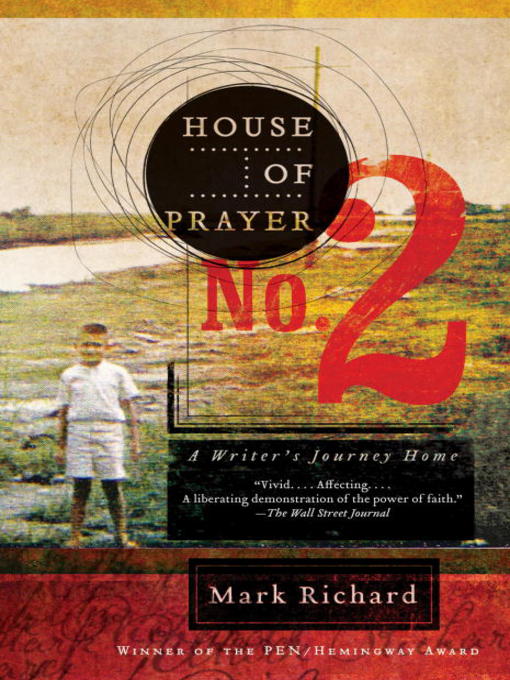- Food & Cooking
- News & Politics
- Celebrity
- Travel & Outdoor
- Business & Finance
- Fashion
- Art & Architecture
- Culture & Literature
- Family & Parenting
- Hunting & Fishing
- Tech & Gaming
- Health & Fitness
- Crafts & Hobbies
- See all
Called a “special child,” Southern social code for mentally—and physically—challenged children, Richard was crippled by deformed hips and was told he would spend his adult life in a wheelchair. During his early years in charity hospitals, Richard observed the drama of other broken boys’ lives, children from impoverished Appalachia, tobacco country lowlands, and Richmond’s poorest neighborhoods. The son of a solitary alcoholic father whose hair-trigger temper terrorized his family, and of a mother who sought inner peace through fasting, prayer, and scripture, Richard spent his bedridden childhood withdrawn into the company of books.
As a young man, Richard, defying both his doctors and parents, set out to experience as much of the world as he could—as a disc jockey, fishing trawler deckhand, house painter, naval correspondent, aerial photographer, private investigator, foreign journalist, bartender and unsuccessful seminarian—before his hips failed him. While digging irrigation ditches in east Texas, he discovered that a teacher had sent a story of his to the Atlantic, where it was named a winner in the magazine’s national fiction contest launching a career much in the mold of Jack London and Mark Twain.
A superbly written and irresistible blend of history, travelogue, and personal reflection, House of Prayer No. 2 is a remarkable portrait of a writer’s struggle with his faith, the evolution of his art, and of recognizing one’s singularity in the face of painful disability. Written with humor and a poetic force, this memoir is destined to become a modern classic.


